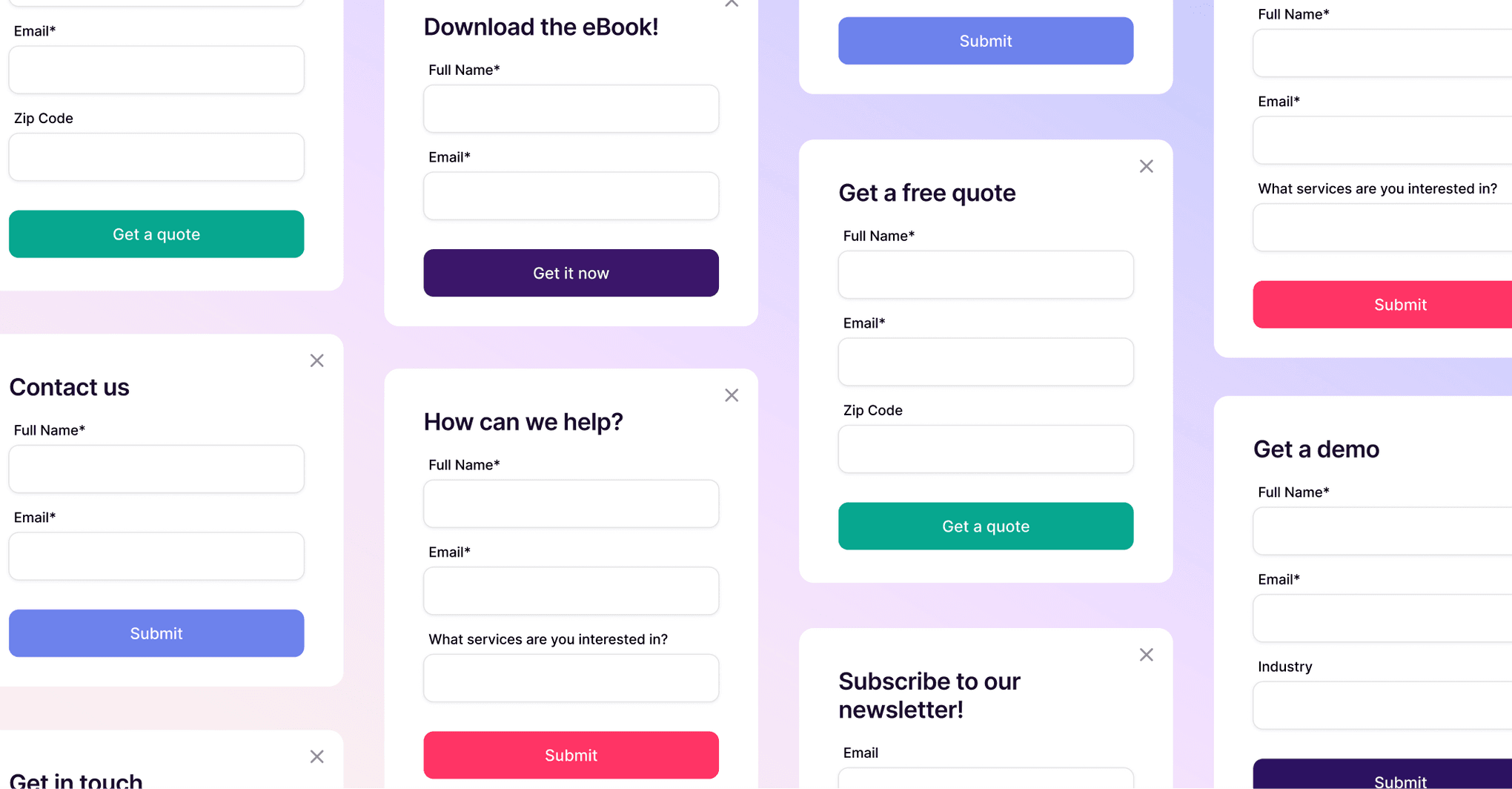Grace Lau
If you’ve ever bought or sold a home, you may be familiar with those (widely publicized) pangs of homeowner anxiety.
Realtors. Brokerages. Lawyers. Buyers. Sellers. The process of finding partners who have your best interests at heart is, to put it mildly, grueling.
It’s also been broken for a very long time.
In a University of Chicago study that analyzed a cross-section of 282 American cities, Chang-Tai Hsieh found that American property brokers cause “social waste” of $8 billion a year because of overcharging and inefficiency.
In 2014, the National Association of Realtors reported that 87% of Realtors leave the industry after five years.
Realtors are often drained and isolated because they’re responsible for their own marketing, administrative, and other tasks.
Those are the types of problems that Houwzer set out to fix.
We talked with Dave Speers, Director of Sales, to find out more about how Houwzer’s repairing the world of real estate.
Could you tell us a bit about Houwzer?
Dave: Sure. We’re building the best real estate brokerage in the world, for the world. We’re obsessed with creating a fair and frictionless real estate experience for our clients with ground-breaking technology and exceptional, salaried agents who are happy and proud to work for Houwzer.
How do relationships play into the real estate world today?
Dave: There are so many different relationships to manage. Obviously, we’re a personnel-heavy organization. There are lots of salespeople in real estate.
Real estate has always been driven by relationships. But the vast majority of Realtors out there are what we call 1099s: they’re subcontractors like Uber drivers.
How has real estate changed between our parents’ (or even grandparents’) generation and now?
Dave: Many brokerages were built a long time ago and have a lot of infrastructure from before the internet even existed. They’ve adapted as best they can, but…
Copper: Still hard to catch up.
Dave: Yeah. Back in the day, when you sold a home, you had to hustle. Make the signs, take out ads in newspapers, and everyone who wanted to see the listing would have to come to you. It was labor-intensive. But the internet (like Facebook, Zillow, and other portals) changed everything. There’s never been a more efficient time to sell a home. Now the cost of selling a home has dropped to about $2,500.
That includes the real estate agent’s time, the admin support, ad costs, videos, signs, postcards, marketing a property well, connecting a buyer to a seller—it’s all gone down to about $2,500. So, that’s what we charge.
In comparison to the 2.5 to 3% that traditional brokerages charge, that’s an average savings of $15,000 in the markets that Houwzer serves.
How can you even repair relationships when they’re so broken?
Dave: Essentially, there are three relationships we’re repairing: brokerage-and-agent, agents-and-agents, and agents-and-clients. If you fix the relationship between the broker and the agents, the other two will follow.
When you’re a 1099 and hustling on your own, it’s really hard. What we did was create the first B Corporation brokerage, which used the new reality of the internet to create huge efficiencies, both for us and also our clients while removing the conflict and burden of being a commission-only realtor.
How do real estate agents under a B Corp work?
Dave: For one, our agents are salaried professionals. We pay for their licensing, tools, admin, support, and they get benefits—which frees them up to focus on the relationship with the client. They’re never in desperation mode, they get a consistent paycheck, and buy into a collective mission and vision.
Now that it’s everybody’s team, there’s plenty to go around, and everybody has their needs met.
Because we’re salaried, who we hire is really important. We’re investing in the agents’ training, licensing—that’s tens of thousands of dollars right out of the gate.
If we were going the 1099 route, we'd be recruiting as many bodies out of licensing school as we could. The traditional model is basically built around turnover and making a profit on it. You charge for coaching, lead tools, desk fees, printing, joining the company—and a lot of those are one-time fees. It’s a financial model that has monetized turnover and failure. If you make it great, but because 87% of Realtors don’t, brokerages have to figure out how to make money off of them in order to survive. Once you make the majority of your revenue that way, then the model of churn becomes your real business.
The founders of Houwzer, Mike and Kevin, wanted to shift that broken paradigm.
Copper: How about the relationship between the consumer and the agent?
Dave: The reality is, as most consumers probably feel, Realtors are ranked just a little better than used car salesmen in terms of trustworthiness.*
There’s a fundamental distrust of Realtors, and a big part of it is because they only get paid when a deal closes. That’s what happens when you’re in desperation mode, and consumers feel that pressure. Even the 13% of successful Realtors have those moments a couple times a year when the deals just aren’t lining up and they feel tremendous financial pressure. Companies like CarSense in the auto industry have pivoted away from commission-only sales and you can see the massive improvement in experience for customers.
You mentioned changing the way that agents work together. What does that mean?
Dave: Because everyone has a salary and is team-first instead of me-first, it opens up communication and info-sharing. We put everyone into squads of five, with a team leader for each squad, and we really focus on developing those relationships.
Copper: Why five?
Dave: Research shows that human communication and connection starts to break down beyond teams of five. That’s an ideal size for a team of optimal relationships, support, and communication. So that’s our core group.
Now, people are stepping up for each other when they go on vacation. They’re sharing resources. If I find a tool to analyze and investment property in Philadelphia, instead of keeping it selfishly to myself as my competitive advantage, now I’m sharing this with the team and helping everyone win.
Copper: Why does that matter at the end of the day?
Dave: Put yourself in the shoes of the homebuyer. If you have someone who’s desperate to close the sale because they have to pay bills and feed their kids... If you’re their only potential client, you might feel an incredible amount of pressure to move forward with this home because the realtor needs to pay their bills. And that’s in a really good real estate market. When the market slows down and there are even fewer deals to go around . . . not a good dynamic.
As we see the shift toward the Relationship Era, how is Houwzer turning relationships into long-lasting ones?
Dave: We’re building real relationships. We’re counsellors, not just a set of keys to open a door. We’re not just putting you on the MLS. We’re here to counsel you through one of the most emotional experiences in life. There’s a lot at stake. A decade from now, they’ll remember buying their home and the Houwzer agent that helped them. The client-realtor relationship, by its nature, tends to be a long-lasting one so we want it to be as positive as possible.
Copper: And they’ll probably tell their friends about you.
Dave: Absolutely. One of our biggest sources of new clients is referrals. It’s just a massive part of the real estate world. Our mission is to be the best real estate brokerage in the world, and we’re going to do that by creating an experience that people want to tell people about.
How is tech changing the way real estate agents work?
Dave: Right now, the real estate industry as a whole is going through a massive change. Tech innovators and disruptors are coming in from every angle because the business model for brokerages hasn’t evolved in a really long time. There’s so much money changing hands in this industry, it’s mind-boggling, and that has attracted innovators who see opportunity. People are waking up to the shortcomings of the industry. They’re realizing that a 1099 subcontractor is best for the brokerages to limit their risk—not what’s necessarily best for homeowners and buyers.
One of the biggest time-wasters for us is data entry. When data entry is taking up more of your time than your work, then it’s distracting from what matters. That’s why we love Copper. It’s always in the background working, observing, keeping us organized—and not getting in the way of the relationship. The automation that it provides is so seamless. We love it.
Right now, tech is making agents way more efficient. Some people say there won’t be agents in the future. I think they’re about 30 years too early to make that assessment.
Our agents are counsellors more than anything else, and there’s no AI that can hold a candle to a real expert who cares about people. Tech is helping us serve more clients and better because we can focus on the relationship instead of on the manual nitty gritty work of data entry. But they still have to have emotional intelligence to understand why the client is buying and selling—and that is true of any industry.
*It was the Roy Morgan Image of Professions Survey, and Realtors were actually ranked third-worst in 2017, behind used car salesmen and “advertising people.”

Pro-tip
More on CRM 👇
Learn more about how the best brokerages and real estate agents are using CRM.






